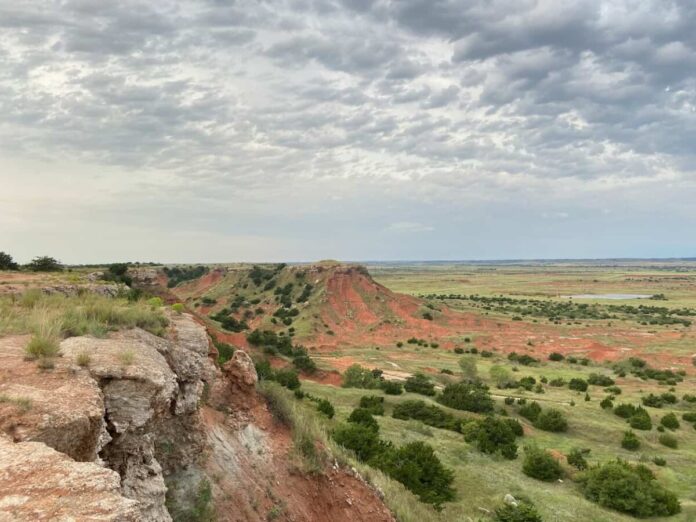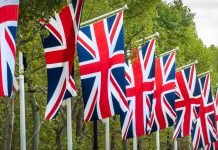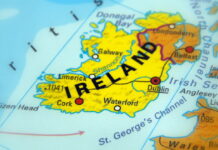
The Oklahoma Appropriations and Budget Select Agencies Subcommittee has passed two bills that seek to legalize sports betting.
Representative Ken Luttrell submitted HB 1047 and HB 1011, which passed through the subcommittee by 5-0 votes.
Understanding HB 1047 and HB 1101
HB 1047 and HB 1101 are similar in many ways, with the latter serving as an insurance policy that could see sports betting legalization voted on by Oklahoma residents should HB 1047 hit stumbling blocks in either the House or Senate.
Under Luttrell’s proposed sports betting rules, the state’s tribal gaming compact would be expanded to allow legalized sports betting.
House Bill 1047 mirrors HB1101 in many respects but does not require a voter referendum. It directly amends state law to allow sports betting under the state’s existing tribal gaming compact structure.
Tribal Gaming Compacts and Exclusive Rights
The bills offer exclusivity to tribal operators, meaning private sportsbooks or commercial properties cannot offer sports betting. The bill also explicitly states that the amendments relate solely to sports betting and no other form of gaming.
Should the legislation pass, tribes will not be required to offer sports wagering. Instead, a tribe can opt in and sign a supplement to its existing gaming compact. Once the compact supplement is signed, it must be approved by the U.S. Department of the Interior and published in the Federal Register before wagering can commence.
The Oklahoma Horse Racing Commission is responsible for regulating non-tribal gaming, but tribal sportsbooks would operate under their own internal regulatory frameworks regarding sports betting.
If legalized, tribes would pay the state 10% of their monthly adjusted gross revenue from sports betting. The bill defines the taxable revenue paid by tribes as wagers placed minus prizes paid out and federal taxes. There is no mention of bonuses being tax deductible or any further nuance.
Of the revenue provided to the state, $25,000 per month will be allocated to gambling addiction treatment and education through the Department of Mental Health and Substance Abuse Services.
88 percent of the state’s tax revenue from sports betting will go to the Education Reform Revolving Fund and 12% to the General Revenue Fund.
If signed into law, sports betting will officially be legal for tribal operators on 1 November 2025.
HB 1101 outlines the same, but it would require a public vote to advance proposals.
Governor Kevin Stitt is known to be against tribal exclusivity, which could be an immovable barrier to legalization.
The Oklahoma Indian Gaming Association Chairman, Matthew L Morgan, said in a statement: “Any proposed new or modified gaming offering must make sound economic sense for everyone involved. Tribal Nations have always been willing to sit down and talk, in a respectful manner, about what is best for Oklahoma. That has not changed.”










